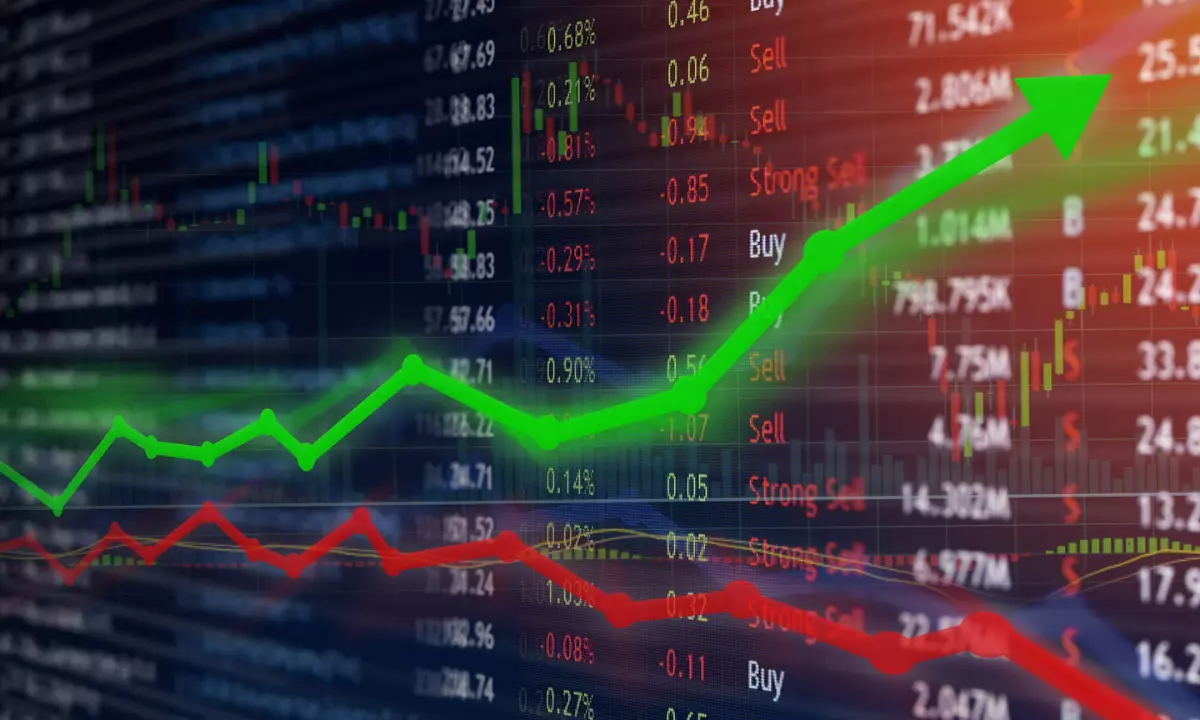
Exchanges are central hubs for market transactions, where you can buy and sell shares of public companies. It gives everyone the opportunity to invest in a company and become a shareholder and have the opportunity to benefit from the company’s growth.
In the past, stock exchanges were busy brick-and-mortar venues—imagine the crowded floors of the New York Stock Exchange, filled with order slips. In fact, events on the New York Stock Exchange floor in 2000 generated about 1.5 million tickets per day. However, the paper mountain has largely disappeared. I have been to this floor many times for TV interviews, but the atmosphere there is very calm. There’s a lot of freedom of movement now, and all that shattering background noise now feels more like a dull hum.
How stock exchanges work
Companies listed on the exchange may be the main attraction, but those who participate make the exchange run smoothly. Experts and market makers maintain a portfolio of stocks, and they can provide liquidity to the market during periods of high demand or company-specific news-driven volumes. This liquidity ensures that there is a buyer for every stock sold and that there is available stock for every stock an investor wishes to buy.
Stock exchanges are driven by the basic economic principles of supply and demand, and stock prices fluctuate based on buying and selling activity. Everything is done electronically in seconds or fractions of a second.
In the United States, stock exchanges are usually open between 9:30 am and 4:00 pm. EST is on weekdays and they are closed on major federal holidays. But even when they close, stock prices are never set in stone. The company can announce the appointment of a new CEO. Quarterly earnings reports can show that a company’s sales are beating expectations. Messages about product recalls may appear. All of these activities affect the price someone is willing to pay for the stock. Additionally, after-hours and pre-market trading — when exchanges are closed — will affect the value of the stock.
Major exchanges you should know
Exchanges bring together buyers and sellers from all over the world. Below is an overview of some of the largest exchanges driving trading activity.
New York Stock Exchange: The largest stock exchange in the world, with more than 2,300 listed companies, trading approximately 500-600 million shares per day.
Nasdaq: The first electronic exchange, launched in 1971, now has more than 3,000 listed companies.
Shanghai Stock Exchange: With about 1,800 listed companies, it is the largest stock exchange in emerging markets.
Hong Kong Stock Exchange: Over 2,500 listed companies and a market capitalization of US$35.6 trillion as of August 2022.
London Stock Exchange: One of the oldest stock exchanges today, with more than 1,000 listed companies.
Tokyo Stock Exchange: Japan’s largest stock exchange with more than 3,800 listed companies.
In addition to stock trading, there are commodity exchanges such as the New York Mercantile Exchange. Other exchanges, such as the CBOE and Montreal Exchange, facilitate trading in financial products known as derivatives.
How to buy shares on the stock exchange
You don’t have to go to a physical location to buy stock, and you don’t have to personally know someone who wants to sell you stock. Instead, you can easily open a brokerage account and place orders from your phone, tablet or desktop. Trading takes place on the stock exchange.
However, do your research before buying. Online brokers make it easy to buy stocks with just a few mouse clicks. Companies listed on major stock exchanges publish regular earnings reports, which can provide insight into their operations, and you can view historical data on past performance (except for recent IPOs, which may be big names, but, risk with a limited track record). It takes some extra reading and work, but that’s the reality of smart financial management: when you invest your money, you should also invest some time.
So learn more:
- American Express Centurion Black Card Review
- X1 Credit Card – Check how to apply.
- Destiny Credit Card – How to order online.
- Delta Skymiles® Reserve American Express Card Review – See more.
- AmEx focuses on customer experience with new checking account and redesigned application
- Discover it® Rewards card rewards see how it works
